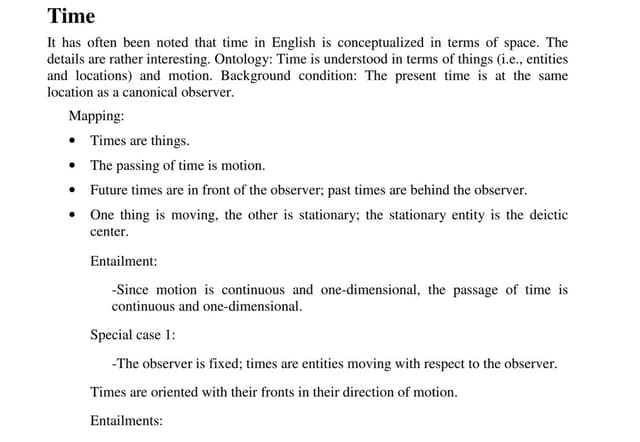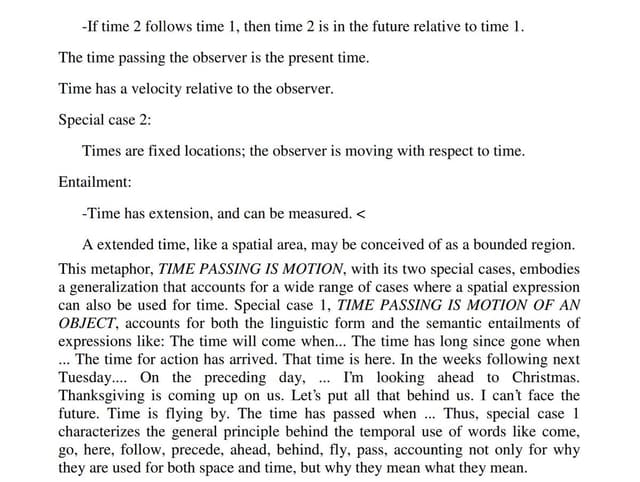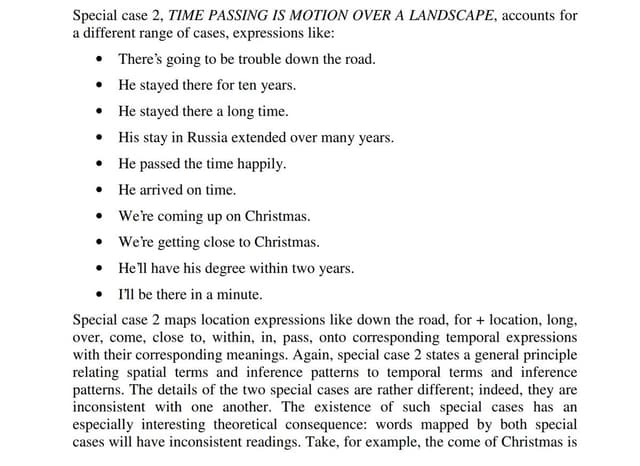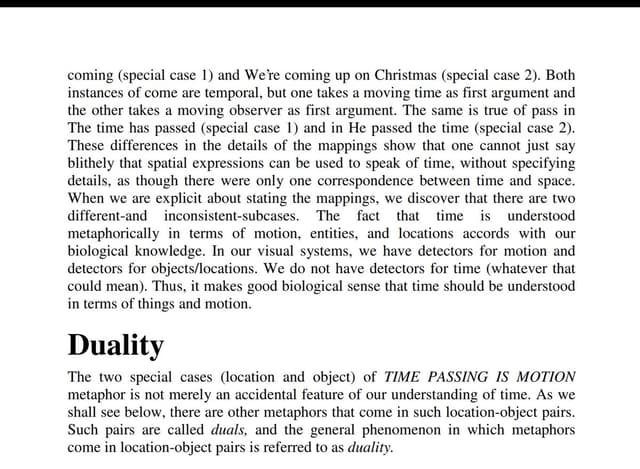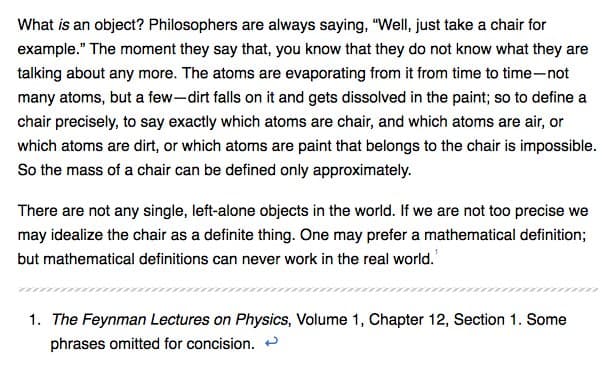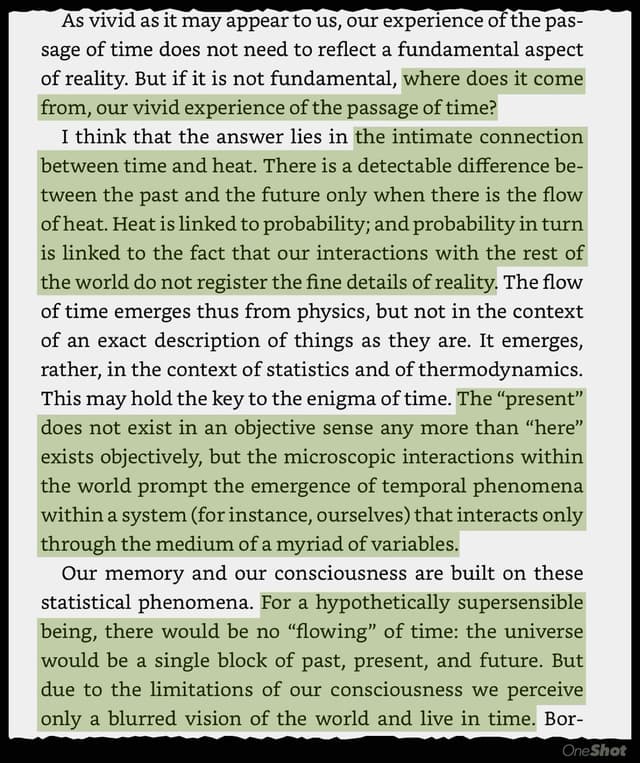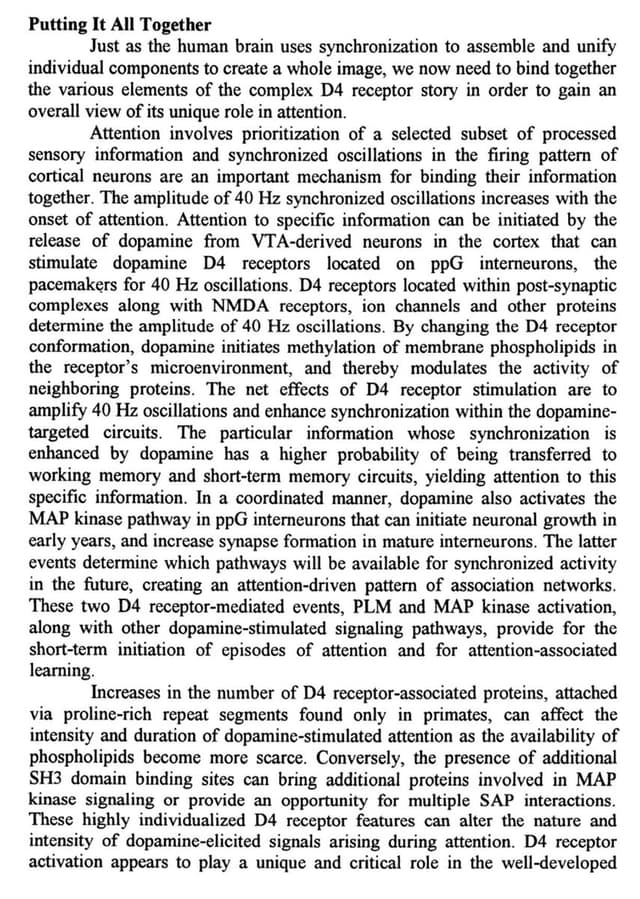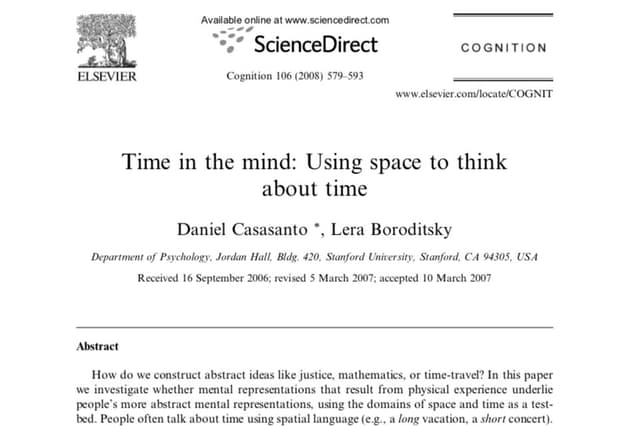🧵 View Thread
🧵 Thread (39 tweets)

I have become convinced that time doesn't real.I find it more convenient to think about it as another dimension of space.In doing so, I think I can leverage my spatial memory to encode causal chains in terms of narrative maps.https://t.co/MV7NYW7Y10https://t.co/8Xn4zqDDUZ

The oddest thing about my personal sense of time is that while I have no concept of what day its, or how old I am. I can memorize a rough sense of when an historical event happened in the past; I was really good at history class.What mental facility was I using to do that?

Something odd struck me while learning about Feynman. He seemed to 'forget' his wife was dead, and used the tradition he had of writing her letters as a way to 'remember'. This concept is burned into my mind.https://t.co/YH7gGKNT7h

I think part of Feynman's particular genius was his awareness of how his own mind works compared to others. Perhaps a result of his curiosity directing his thinking inward. He found that people read differently. (and can perhaps respec?)https://t.co/Qf3PVEMTgU

@vgr Found a vid by Feynman where he breaks down that assumption and describes the process of subvocalization thru language/music vs visual-spatial processing. It seems I don't think of code w/ language, but visual-spatially. Might be why I can multitask that.https://t.co/ZbHFibYkRu

I suspect perhaps we have different circuits in the brain for some of this. Encode time differently than space. Perhaps in same way that some can be directional impaired (left-right vs compass), or have trouble with faces. https://t.co/dfoIQcyJ4h https://t.co/me8yQAMHzp

Assuming everyone is same, or uses the same strategies to encode various quale I think is a larger failures of most of western thought. Feynman was undoing that as side-effect of aggressive doubt in experts & interacting dominate psych models at the time.

I don't think those dominate models have gone away. For the most part, differences in thinking and meaning making are always framed as disabilities.https://t.co/5Y5ausjEqV

I wonder what Feynman would say about the bouba/kiki effect."Individuals without autism agree with the standard result 88% of the time, while individuals with autism agree only 56% of the time." https://t.co/fQa8Vr0d8p https://t.co/Da95y1Ky3j

When you wonder why I disagree with Chomsky and Pinker on language? It's literally because I'm autistic and as such have a fundamentally different experience of something they often cite on language & meaning making.https://t.co/suDk1SnD2w https://t.co/rkcDJnk2Fa
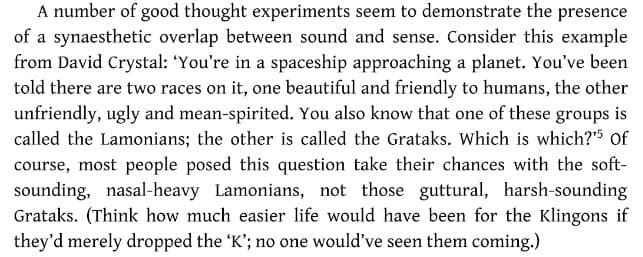

95% my ass.https://t.co/d8caqJwUNz https://t.co/RdOpOPdDt2
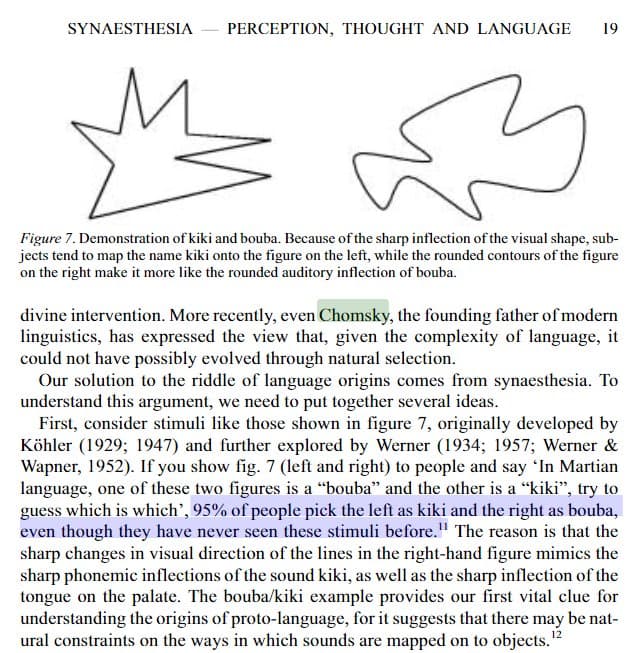

Bouba/Kiki is a synchronization primitive among language encoded in genes, but it isn't arbitrary. Everybody basing these highfalutin theories on it are ignoring entire swaths of experience, wiped under the rug because we're 'diseased' and don't count.https://t.co/rQpqW2AsoH

The sound of 'Kiki' and the emotional association we have with it is not any different than cross-species norms around screaming. Screaming works because of carrier frequency effects in the air and the way sound works.https://t.co/li70dGPXmQ

Associative screaming"Their probability of fleeing to playback of unfamiliar calls increased in response to calls with increasing peak frequencies, and they spent more time in cover following calls with a number of frequency cycles similar to their own. "https://t.co/YnSIX4BYzS

That this is something we've settled on isn't a surprise... I mean... babies!https://t.co/CHrxfc207j

Similar sort of thing shows up among language norms around color perception.We lock in on perceptions of certain colors because it is useful, an artifact of the way light waves in shadows interact with the temperature of sunlight.https://t.co/9w16OsyvYE

Wittgenstein aposematic:"Recall that our idea is that maybe we introduce words into a language when there is something that we want to talk about. So perhaps this effect arises because objects – the things we want to talk about – tend to be warm-colored."https://t.co/5dA5ovbimy

Cuppiness is a shared illusion necessary for humans to experience shared meaning.There is no ideal cup, its just an arbitrary ontology that happens to persist because a reality with a vessel to hold liquid is useful. I drink out of my hands like Diogenes.https://t.co/FZ2oZACB5f

When you imagine a cup, does it have a handle? That was an invention leading to being able to drink hot things like coffee. Before that, everyone drank alcohol since water was a bitch to purify. Its part of your reality, but not mine. Those are tiny jugs.ce n'est pas une tasse

Tea CupCoffee Cup.Maple Cup.I'm going to go make me a 'cuppa. https://t.co/LG3y2WHAR7


Running the maze over and over again in my head; Spent so many cycles in simulation that when I finally arrived, someone already ate all my cheese :o https://t.co/3gSrlLDOIY

"Time is a non-equilibrial process. It is always unique and changing, [...] If this network was indeed coding for time, the signal would have to change with time in order to record experiences as unique memories."https://t.co/w8sbJ49dWY

Hehe, so we do have different circuits in the brain?I wonder if this can be seen without cutting us open.https://t.co/JXM6RkrCJL

So, if this time circuit is either non-functional, or not well connected with the rest of the way my brain stories the world, what would I need to do to adapt to this?https://t.co/NaFNWKtTf1

"the memory champions were lighting up different parts of the brain than everyone else. Of note, they were using, or they seemed to be using, a part of the brain that's involved in spatial memory and navigation."https://t.co/slNCGEU7ag

Someone teach me how to remember time.https://t.co/LUPmgXsLxC

Some light reading on time perception as it relates to mood and emotional control.https://t.co/K25rJ1TTuThttps://t.co/OfoIVnec6P

I can replay moves in my head enough that I get bored watching them again.But I realized that I remember the scenes out of order...Oddly, this isn't true for time-travel movies; It seems by leveraging an implicit map of the timelines it doesn't end up out-of-order. Hmm.

Interestingly, I also don't have trouble with "memento", but that movie depends on you focusing on the cause-effect explicitly since the movie is played roughly backwards. I actually built up a narrative map for it despite not having 'timelines'!

I have a hunch that what i'm doing is a sort of event driven "call-and-response" style memory. In essence, I'm encoding a chain of associations as a linear narrative, because while experiencing time doesn't work for me, my cause-and-effect reasoning still works.

I've talked a bit about this in the past, if esoterically;https://t.co/T4P5ylhtn5

I've had some luck with "Narrative Analysis" as a way to ground my thinking. Building up chains of thought here on twitter work well for that as it anchors me toward a rough timelines even when I am not aware of it myself. Related: https://t.co/XMIGHnFSh5

The fun inference here is that I can also reverse the cause-and-effect bits. I always thought it was odd that I will often replay memento in reverse in my head. I even sometimes forget that they are in reverse order in the real movie until I remember that's the 'trick' it pulls.

I can't remember the exact way it was phrased, but I remember that a section of "The stuff of thought" by @sapinker talks about how cause-and-effect is encoded in language. But again, this is where autism is weird and suggests he's not considering that aspect.

Specifically, if you watch https://t.co/H1vLyVBME9 - make a note how he discusses that "when"/"tenses" are often not understood intuitively for those on the spectrum.This is my experience as well, and I think is partly why non-24 is common in autistics.https://t.co/YGQO3pKQnt

Oddly, IIRC pinker goes into length on how some cultures have differences in their framing of direction and how that manifest in language norms. I'm basically just taking that and applying it to findings on tense/time as it manifests in those without a working model of duration.

There is some research to back this stuff up. But it was published in 2012. "The stuff of thought" was published in 2007; makes me wonder if Pinker has updated his thinking on the topic?https://t.co/1EJ2Waxxac

I do have an appreciation of time passing, but it's like it isn't being incorporated in to my experiential reality. I can recite to you what 'time' is to other people, but seems be meaningless to me. To me it all blurs together as cause/effect.

"These findings provide evidence that the metaphorical relationship between space and time observed in language also exists in our more basic representations of distance and duration."https://t.co/iWGzgsN8id
